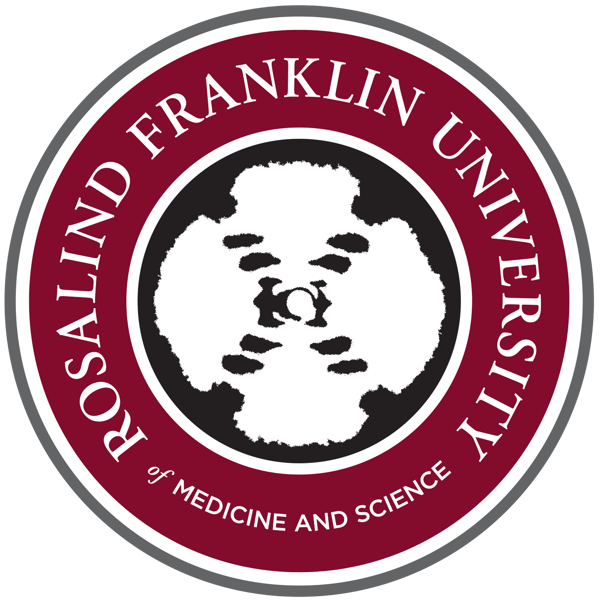098 - Stroke Me Once, Shame on You; Stroke Me Twice ... Let's Talk Prevention!
HelixTalk - Rosalind Franklin University's College of Pharmacy Podcast
Sean P. Kane, PharmD, BCPS
5 • 644 Ratings
🗓️ 9 July 2019
⏱️ 39 minutes
🧾️ Download transcript
Summary
In this episode, we review guideline recommendations and recent evidence for secondary prevention of stroke, including risk factor modification, anticoagulant therapy (in patients with atrial fibrillation), and antiplatelet therapy (in patients with noncardioembolic stroke).
Transcript
Click on a timestamp to play from that location
| 0:00.0 | Welcome to Helix Talk, an educational podcast for healthcare students and providers covering real-life clinical pearls, professional pharmacy topics, and drug therapy discussions. |
| 0:11.0 | This podcast is provided by pharmacists and faculty members at Rosal Franklin University College of Pharmacy. |
| 0:17.0 | This podcast contains general information for educational purposes only. This is not |
| 0:22.0 | professional advice and should not be used in lieu of obtaining advice from a qualified health |
| 0:26.3 | care provider. And now on to the show. Welcome to Helix Talk episode 98. I'm your co-host |
| 0:33.9 | Dr. Kaine. And I'm Dr. Patel. And today's episode is entitled, Stroke me once, shame on you, stroke me twice, let's |
| 0:40.3 | talk prevention. |
| 0:41.3 | Today we're talking about secondary prophylaxis of ischemic stroke, so preventing a stroke, |
| 0:46.3 | a second stroke after a patient has experienced a stroke already. |
| 0:50.3 | So Dr. Kane, I see these patients in my clinic, not firsthand treatment, but secondhanded. |
| 0:56.8 | But let's get started with the case perhaps so our audience has an idea of what we're talking about. |
| 1:01.6 | Sure. |
| 1:02.0 | So let's say Dr. Patel that you had a patient, we'll call him SM. |
| 1:05.6 | He's a 65-year-old male presenting to your primary care clinic for routine follow-up. |
| 1:10.3 | He had a stroke about a year ago, |
| 1:12.3 | and basically he's had complete neurologic recovery, so he has no neurologic deficits as a result of that |
| 1:18.2 | stroke. He was basically lost to follow-up during that time period, and he's noncompliant. He |
| 1:23.2 | stopped all medication, stopped all contact with health care providers. So he's basically come in |
| 1:27.8 | one year after his stroke saying, hey, what do I need to do to make sure I don't have that stroke again? |
| 1:32.9 | In terms of past medical history, he knows he has hypertension, he knows he has hyperlipidemia, |
| 1:37.7 | and obviously the ischemic stroke that happened a year ago. Social history-wise, he does not drink, |
| 1:42.5 | he does not smoke, he does not use illicit drugs. |
... |
Please login to see the full transcript.
Disclaimer: The podcast and artwork embedded on this page are from Sean P. Kane, PharmD, BCPS, and are the property of its owner and not affiliated with or endorsed by Tapesearch.
Generated transcripts are the property of Sean P. Kane, PharmD, BCPS and are distributed freely under the Fair Use doctrine. Transcripts generated by Tapesearch are not guaranteed to be accurate.
Copyright © Tapesearch 2025.

